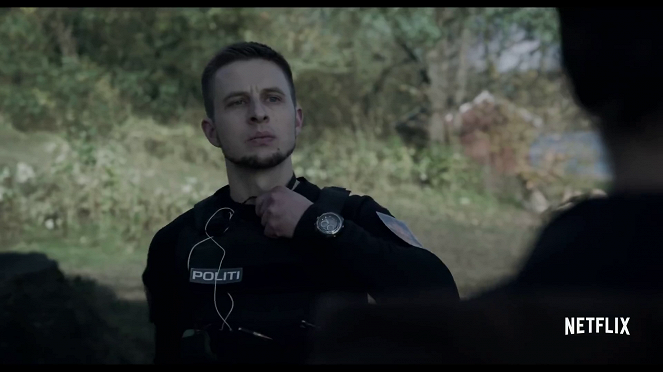Directed by:
Paul GreengrassScreenplay:
Paul GreengrassCinematography:
Pål Ulvik RoksethComposer:
Sune MartinCast:
Jonas Strand Gravli, Thorbjørn Harr, Anders Danielsen Lie, Seda Witt, Lars Arentz-Hansen, Jon Øigarden, Anneke von der Lippe, Øystein Martinsen, Maria Bock (more)VOD (1)
Plots(1)
Paul Greengrass tells the true story of the aftermath of Norway’s deadliest terrorist attack. On 22 July 2011, 77 people were killed when a far-right extremist detonated a car bomb in Oslo before carrying out a mass shooting at a leadership camp for teens. 22 July uses the lens of one survivor’s physical and emotional journey to portray the country’s path to healing and reconciliation. (Venice International Film Festival)
(more)Videos (1)
Reviews (10)
The final interpretation is admittedly pretty one-sided, but on the other hand it's probably fair to admit that Greengrass’ hands were tied in this respect – by which I mean the "political tone" of his adaptation. It bothered me that it didn't go more in depth in the second half, and that the whole courtroom part served primarily to rehabilitate survivors and victims. In short, I feel that such a serious subject deserved a much deeper analysis of the political and social aspects. The opening in Oslo and then the scenes in Utøya are very intense; the rest of the film is unfortunately a bit one-sided. 4 stars by the skin of its teeth. [70%]
()
22 July is a smart and suggestive portrayal of an awful human act that attacks the roots of democracy, but that also shows the madness of those who violently try to undermine it. Though it pushes the viewer to only one correct interpretation, its complex approach forces you to think about where humankind is heading and all of what we are capable of. Despite being impossible to get into the minds of the characters, this is an intense experience that, through the traumatising initial disaster, shows an unflattering face of a Europe that today is divided and living in fear. This is despite the fact that it has an inevitable tendency to generalize problems.
()
Greengrass’s simple interpretation of a terrorist attack and the subsequent events holds a hidden message involving fear of what the world is coming to. Instead of Breivik, it focuses more on a boy, Viljar, riddled with gunshot wounds, his gradual recovery and return to life. The confrontation in court is powerful, with no unnecessary ideological frills. Precise acting performances, powerful supporting scenes (the brain surgery, fitting glass eyes, the final farewell with the lawyer) and the effort to capture reality as precisely as possible are the main highlights of this movie. On the other hand, the endeavor to give every aspect sufficient space means that it lacks a certain complexity. If it weren’t for the excessive length, I would give it a full five-star rating.
()
The attack itself is over and done within the first thirty minutes and it is not as spellbinding as I would have expected, and the rest of the movie shows society trying to come to terms with the tragedy. The traumatised male survivor and his family, Brejvik’s lawyer and his family, Brejvik himself and the court proceedings. For a Greengrass film, 22 July has a surprisingly mechanical, boring narrative that relies on the depth of suffering of a traumatized boy in contrast to the murderer’s shocking serenity founded on his political convictions. There is some sort of message and some merit in its information value, but as for conveying the horror of the tragedy to the audience, its competitor, Erik Poppe’s Utøya: July 22 has the upper hand.
()
Greengrass’s adaptation is as compelling as Seierstad's book. It is a pity, perhaps, only the absence of Norwegian, the fragmentation of individual motives and themes, or the cutting of the opening third of the book about Breivik himself to focus only on the procedural passage of the attack and the trial.
()
Gallery (42)
Photo © Netflix



Ads